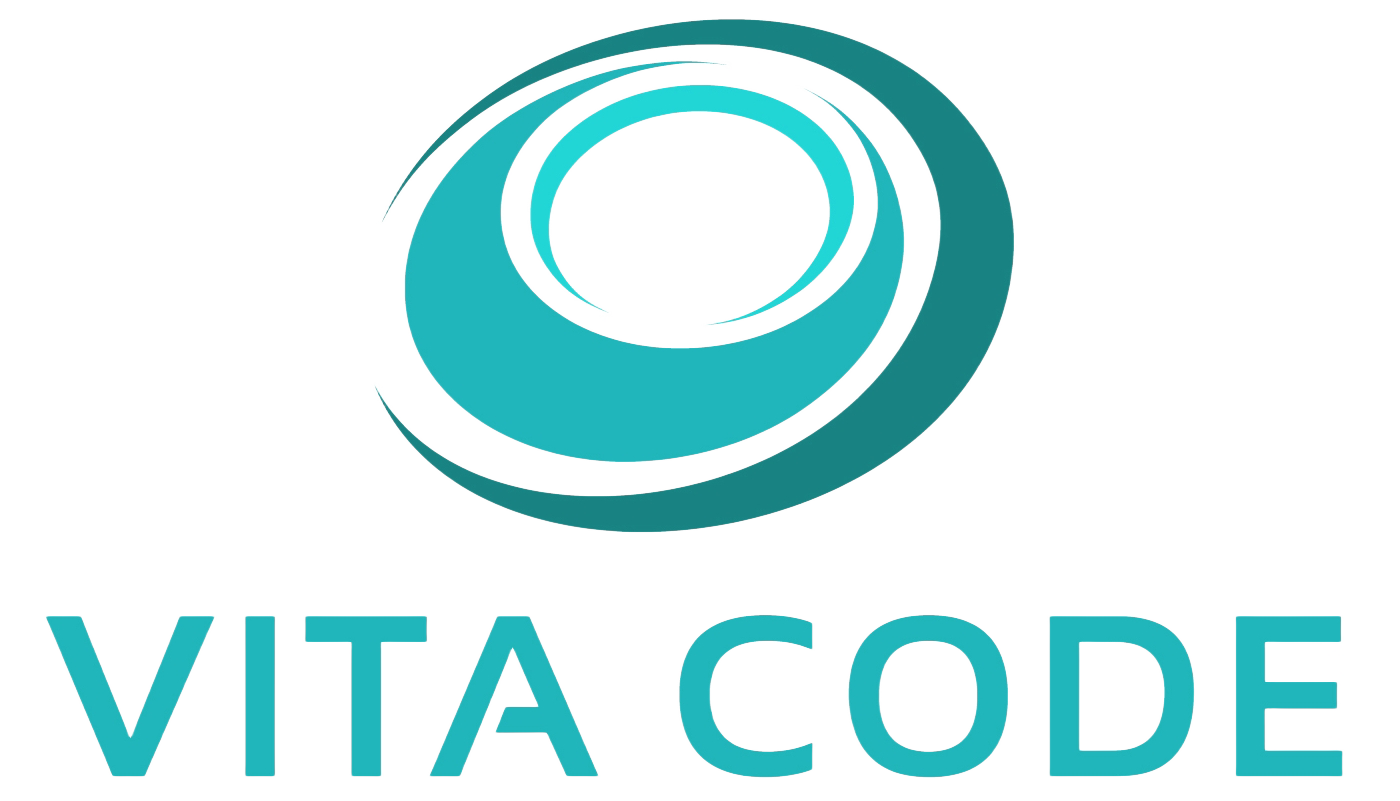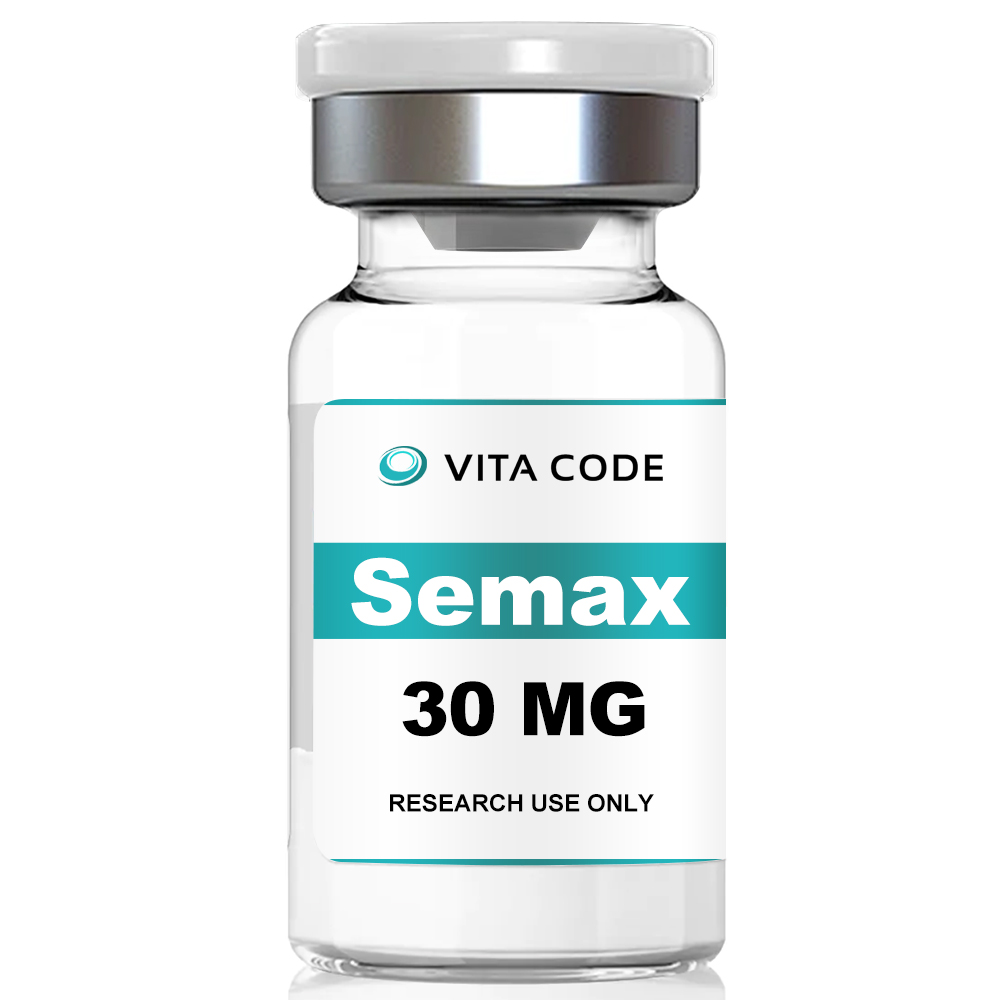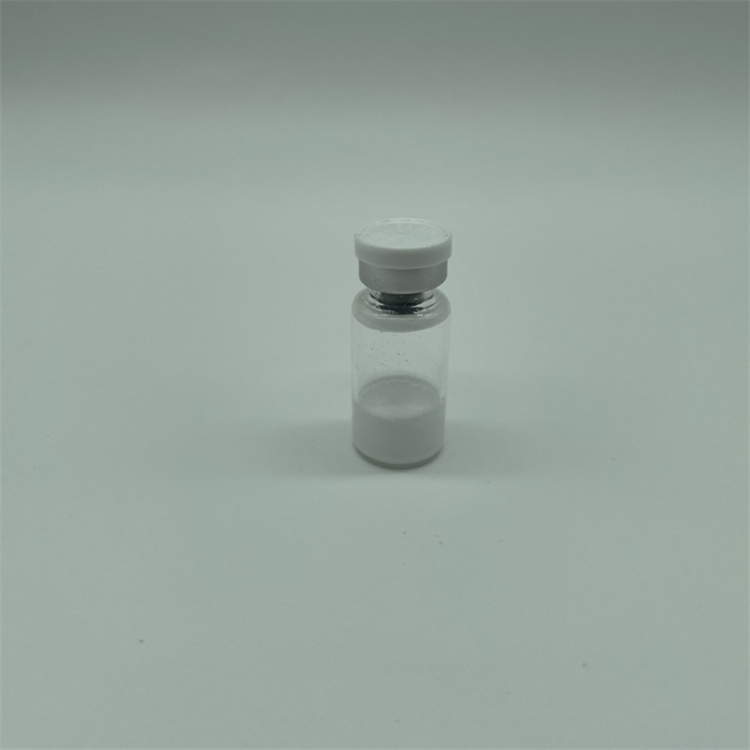Semax 30MG
Semax is derived from a fragment of adrenocorticotropic hormone (ACTH), specifically ACTH (4-10). Research suggests that it may help improve immune function, protect neurons, and improve cardiovascular function. It may also be beneficial in pain control and blood clotting.
Additional information
| Name | Semax |
|---|---|
| Sequence | Met-Glu-His-Phe-Pro-Gly-Pro |
| CAS No. | 807614-61-0 |
| Purity | 99% |
| Appearance | Lyophilized Powder |
| Molecular Formula | C37H51N9O10S |
| Molecular Weight | 813.93 g/mol |
| Storage | Store in an air-tight container away from light at 2-8°C. For best preservation, store below -10°C. |
Product Details:
Semax and Cognitive Function
Research on Semax has shown its potential in improving cognitive function and providing neuroprotection. Semax is an analog of the adrenocorticotropic hormone (ACTH) fragment and has been found to have significant effects on learning, memory formation, and neuroprotection in both rodents and humans when administered intranasally.
One study suggested that the cognitive effects of Semax might be mediated by transthyretin (Ttr), a protein found in the brain. Semax has also been shown to interact with neurotrophic factors and neurotransmitters, which could play a role in its potential effectiveness for treating depression.
In a study on rats with chronic brain ischemia, Semax was found to improve cognitive function, particularly when administered in combination with hopantenic acid. Another study demonstrated that Semax increased the expression of brain-derived neurotrophic factor (BDNF) in rat basal forebrain, which could contribute to its cognitive-enhancing effects.
Semax and Memory
Semax has been shown to protect episodic memory function in rodent models. In a study, male Sprague-Dawley rats were treated with Semax daily for four weeks and then exposed to hypoxic conditions. The rats that were treated with Semax showed improved performance in the novel object recognition (NOR) test, suggesting that Semax could prevent memory impairment induced by hypoxia.
Semax and Neuroprotection
Semax has been shown to have neuroprotective effects in various animal models of brain injury, including ischemic stroke. The exact mechanisms underlying its neuroprotective effects are not fully understood, but some studies suggest that Semax may modulate the expression of genes involved in the immune response and neurotransmitter systems. In a rat model of cerebral ischemia, Semax was found to suppress the expression of inflammatory genes and activate the expression of neurotransmitter genes.
In animal models of chronic brain ischemia, Semax has been shown to contribute to the restoration of muscle activity, normalization of coordination, and improvement of emotional behavior. Overall, Semax has demonstrated neuroprotective effects in various animal models of brain injury, but more research is needed to fully understand its mechanisms of action and to determine its potential as a therapeutic agent for neuroprotection in humans.
In animal studies, Semax has demonstrated improvements in working memory, focus, and learning. It has been used for conditions such as anti-thrombosis, ADHD, learning difficulties, gastric protection, physical exertion, pain relief, and metal toxicity. Semax has also been reported to significantly enhance memory and attention in healthy men during extreme activities.
Source from NCBI








